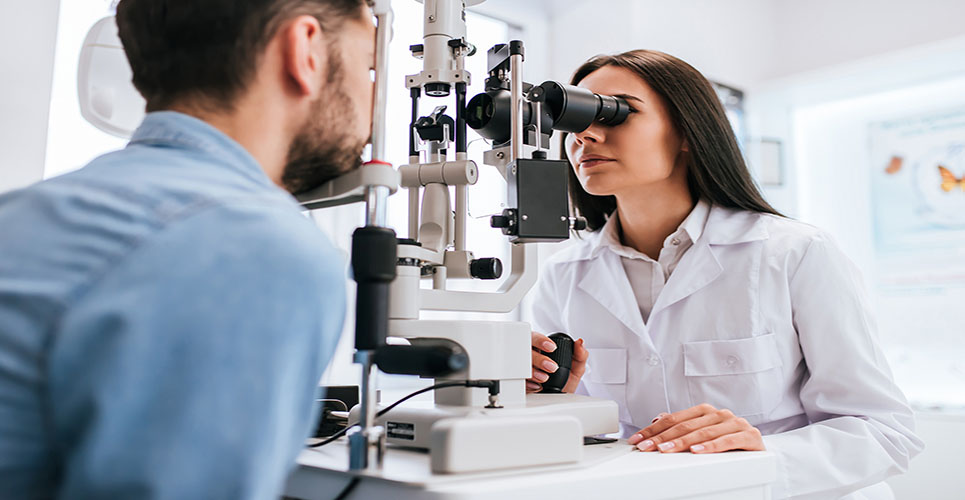teaser
People suffering sight loss may soon be helped by a biodegradable implant that releases a drug slowly into the eye, reports have suggested.
The Royal National Institute of Blind People (RNIB) said the new implant, called Ozurdex, is an “exciting new development” in the treatment of Retinal Vein occlusion (RVO).
RVO affects up to 200,000 people in the UK and can lead to a sudden loss of vision.
The problem is caused by the retinal veins, which carry blood away from the cells at the back of the eye, becoming blocked.
As a result, blood builds up causing swelling and damaging eyesight.
Patients can experience many symptoms such a the appearance of a black spot in their central vision, blurred vision, or a sudden loss of sight.
The new treatment has yet to be appraised by the National Institute for Health and Clinical Excellence (NICE) for widespread use on the NHS.
The implant, which is injected directly into the back of the eye near the retina, has been shown to improve or help prevent the worsening of sight loss.
In the first two months, a high dose of the anti-inflammatory medicine dexamethasone is released, which reduces swelling.
A lower dose of dexamethasone is then released slowly over the next four months, which stops the swelling in the retina from getting worse.
Once in the eye, Ozurdex biodegrades into water and carbon dioxide over the six months, meaning it does not have to be surgically removed.
A clinical trial on more than 1,000 patients found that one implant significantly improved vision by up to three lines (or 15 letters) on an eye chart.
It was shown to improve or stabilise vision in more than 80% of patients.
Copyright Press Association 2010
